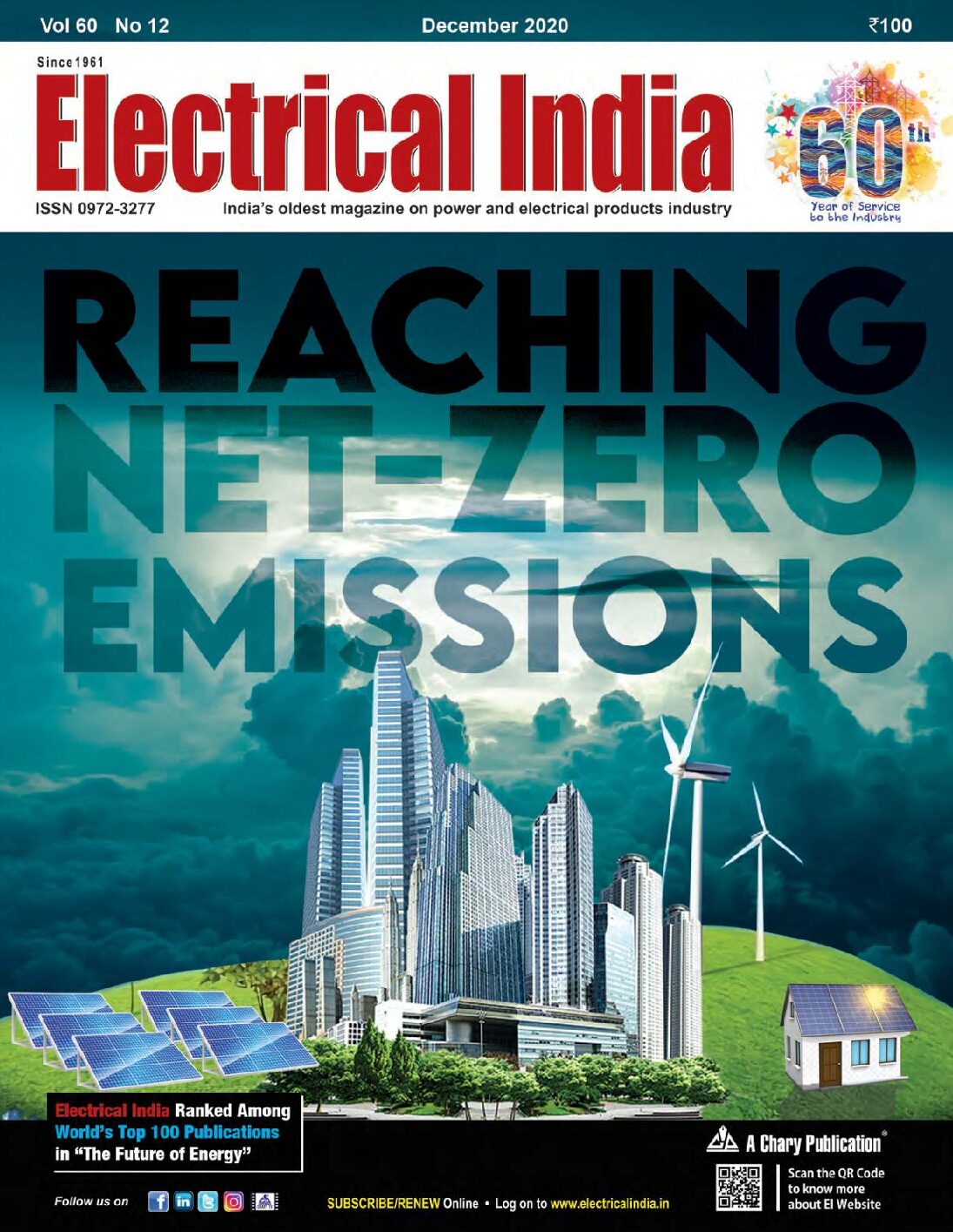
Ashden boosts climate innovation in the UK and Global South. Its support brings clean energy to villages and refugee camps, and fixes up cold and draughty homes. It makes schools more sustainable, and helps communities protect and restore the nature around them.
This year the organisation has celebrated the International Women’s Day (8th March) in a unique way. It shined a light on the women who make renewable energy happen – particularly among the world’s poorer communities where energy access is a considerable challenge.
The changing scenario
Traditionally, women have been far down the line after men to be trained in the energy sector, but this is changing all over the world, and particularly in the Global South with regard to clean energy access – there are now a range of solar training organisations that take a strategic focus on training women.
Solar technician training and entrepreneurship provides women with income, independence, new skills and improved status.
Findings through survey
Recent studies by the International Renewable Energy Agency (IRENA) shed light on an encouraging trend: the Distributed Renewable Energy (DRE) sector employs about 32% more women than the broader energy sector, where the figure stands at only 22%. While this is a step in the right direction, there’s still work to be done.
Ashden in action
Commenting on their action, Isona Shibata, International Programme Manager at Ashden, said, “Investing in women in the clean energy sector is critical to achieving a just transition. With training, skills and financial support women in clean energy not only build great businesses, but the knowledge and investment is shared with their family networks and communities so the change is sustained. On International Women’s Day we wanted to celebrate all the women who are contributing to the fight against climate change and working towards universal clean energy access. More than three billion people face energy shortfall – these people are almost exclusively in the Global South. Training people in the distributed renewable energy sector is a vital means of getting communities access to the energy they need to lead normal, healthy and connected lives.”
A few trailblazing organisations training women in clean energy
These are just a few of the trailblazing organisations training women in clean energy:
Bharatiya Vikas Trust (BVT), India: It is revolutionising renewable energy by empowering women entrepreneurs. Through partnerships with local NGOs and officials, they’ve deployed 600,000 solar systems in India, transforming lives and livelihoods. These grassroots women solar entrepreneurs receive training and loans, which provide them with new livelihoods, financial independence and confidence.
Amongst those entrepreneurs who have received training is Revathi Naik from Udupi, Karnataka. She opened a solar powered textile workshop after joining one of BVT’s courses. She says, “After getting trained for a month in 2014, I applied for a loan at the bank, set up four sewing machines and started my business. Today I am happy that I am providing a livelihood to four women and their families. I have also carried out a training programme for woman inmates from Udupi central prison, and I am proud of that.”
She further adds, “This training helped me to stand alone financially. I am now happy and more confident.” According to her, this new confidence allowed her to stand for, and win election to, her village council.
BVT won the Ashden Award for energy access in 2021 and have gone from strength-to-strength since then. Key to their work has been their training of bank staff, demonstrating to staff who decide on bank loans the reliability of the BVT-trained workers’ incomes and their excellent debt repayment records. When poor women are given support by local banks, their businesses flourish and their families and communities also thrive. BVT has trained more than 14,000 bank workers, revolutionising lending practices.

adopt solar energy so as to reduce costs and have a reliable energy supply…
Photo Credit: Ashden
Imece: The organisation in Turkey train women migrants and refugees to install solar home systems through their Solar Age project. The trainees refer to themselves as the ‘Solar Ladies’ and these dynamic women are mastering solar engineering to bring renewable energy solutions to the region.
Trainee Sandra Guylaine, a 28 year-old solar technician from Cameroon living in Turkey who has been supported by the Imece training programme, says, “Soft jobs and soft trainings became the standard of what women can do. But this time, I found myself in a solar energy programme…I felt like I could do it as a woman.”
Imece was a finalist in the 2022 Ashden Award for energising refugee livelihoods.

Photo Credit: Ozge Sebzeci
Fondazione ACRA, Senegal: The organisation runs the Women-EmPOWER project and trains more than 1000 women in solar energy business skills. It also trains local women in the installation and repair of solar equipment so that they can go on to gain employment as solar technicians. Like BVT in India, it also has a strong partnership with the local bank, Banque Agricole, to provide credit for the women entrepreneurs.
With access to affordable credit and guidance, women are building successful businesses and paving the way for a brighter future.
One woman hoping to grow her enterprise is Maïmouna Biaye. The project supported her to buy solar lighting for her snack bar, which meant she could extend her opening hours. She plans to take out another loan to buy a fan and fridge. “Before the training I don’t think I would have even dared to enter a bank,” she says.
Fondazione ACRA was a finalist in the 2023 Ashden Award for Powering Futures in Clean Energy.

Photo Credit: Laeila Adjovi/Ashden
Upcoming Ashden Awards
This year’s Ashden Awards will take place in London at the end of June during London Climate Action Week, where more leaders in the clean energy sector will be celebrated for their incredible work.














